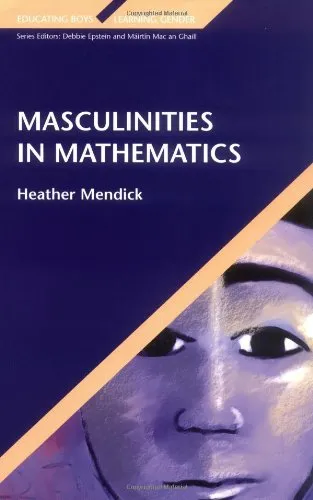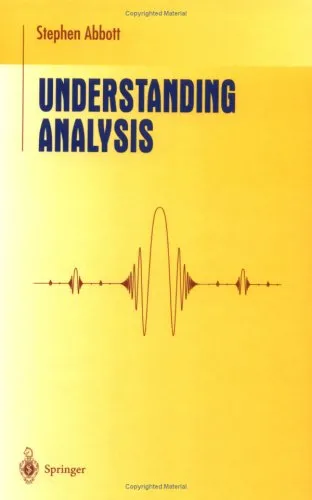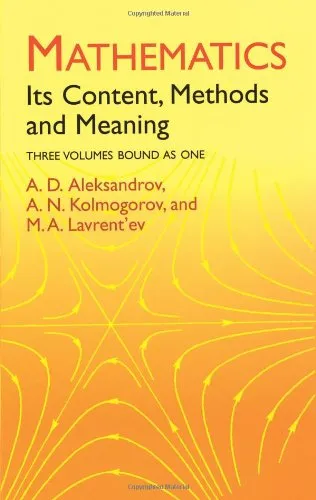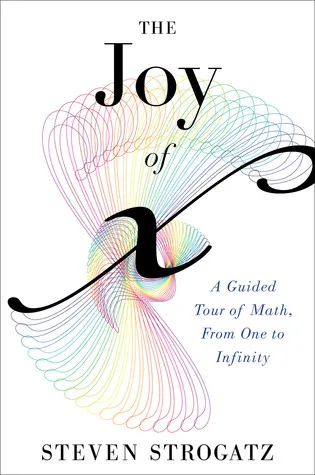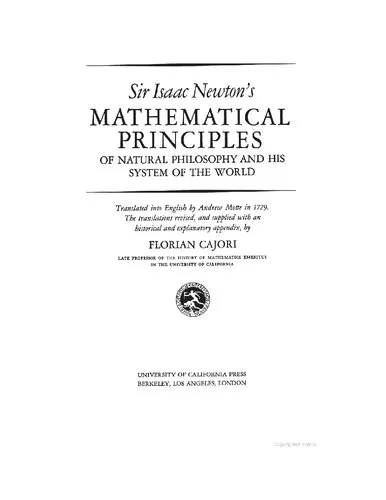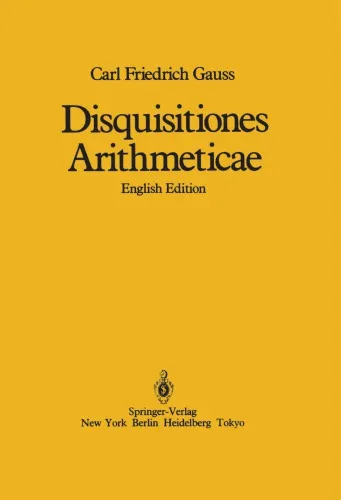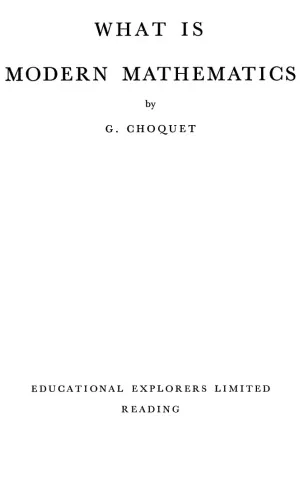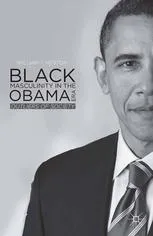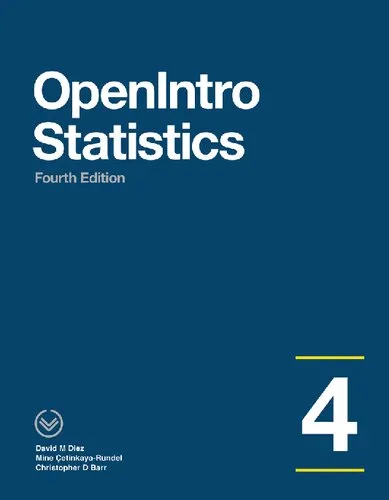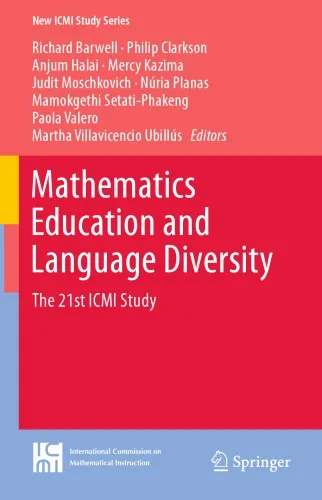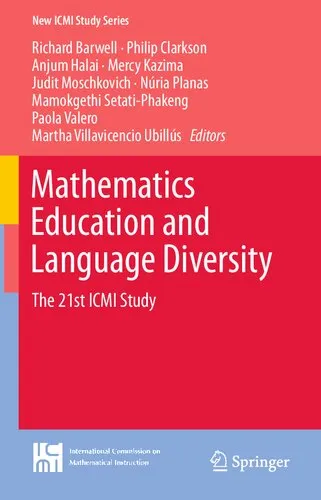Masculinities in Mathematics
4.0
Reviews from our users

You Can Ask your questions from this book's AI after Login
Each download or ask from book AI costs 2 points. To earn more free points, please visit the Points Guide Page and complete some valuable actions.Related Refrences:
Introduction to "Masculinities in Mathematics"
"Masculinities in Mathematics" offers an insightful and thought-provoking exploration into the relationships between gender, identity, and mathematics. Written by Heather Mendick, the book delves into how masculinities are constructed, negotiated, and performed within the context of mathematics, a subject often regarded as masculine by default in society. Through rigorous research and personal narratives, the book aims to question the stereotypes and norms surrounding who is considered "good" at mathematics and why.
The book bridges the gap between sociology and education, highlighting how masculinity is not a fixed trait but rather a set of practices that take shape in various social and academic spaces. By examining these dynamics, the book sheds light on the broader implications of gendered power relations in educational systems and beyond. If you've ever contemplated the societal forces that influence our understanding of who participates in mathematics and how they do so, then this book is an essential read.
Summary of the Book
"Masculinities in Mathematics" combines qualitative research with theoretical insights to explore gender dynamics within mathematics education. Heather Mendick draws heavily on interviews with students, educators, and parents to reveal how different forms of masculinity intersect with mathematics learning. These narratives demonstrate how boys and men often use mathematics as a way to reinforce their masculinity, while others feel alienated by its perceived masculine culture.
The book also looks at how femininities interact with these dynamics, revealing the struggles that girls and young women often face when navigating this strongly gendered terrain. Using a framework grounded in feminist theory, the author considers how school systems, peer groups, and family expectations contribute to the construction of gender and identity. Crucially, Mendick does not simply critique these systems but also opens up space for imagining alternative ways of engaging with mathematics that do not rely on traditional gender norms.
Structured across thematic chapters, the book explores diverse angles of the issue, including the historical perception of mathematics as a "male domain," the role of competition in constructing masculine identities, and the cultural capital that mathematical skills carry. Through these examinations, the book challenges commonly held assumptions and offers a fresh perspective on the sociology of education.
Key Takeaways
- Mathematics is not a neutral subject; it is deeply embedded within cultural and gendered norms.
- Masculinity in mathematics often manifests through competitiveness, individualism, and a focus on "genius" qualities.
- Girls and women frequently face additional challenges in mathematics due to societal stereotypes and expectations.
- Alternative methods of teaching mathematics can create more inclusive spaces that challenge traditional gender roles.
- Understanding gender dynamics in mathematics can inform broader discussions about equality in education and the workplace.
Famous Quotes from the Book
"Mathematics exists not in isolation but as part of a broader social fabric that assigns it meaning and value."
"To question the relationship between masculinity and mathematics is to challenge the very foundations of how knowledge and power intersect."
"The myth of the 'mathematical genius' is a deeply gendered construct, built on exclusion and privilege."
Why This Book Matters
In a world where STEM fields continue to dominate conversations about education and employment, "Masculinities in Mathematics" serves as a timely reminder that subjects like mathematics are never culturally neutral. The book illuminates the ways in which gender norms shape who succeeds, who feels alienated, and who opts out of mathematics entirely. By drawing attention to these issues, Mendick challenges educators, policymakers, and society at large to rethink how we approach teaching and learning mathematics.
This book matters because it encourages readers to move beyond simplistic narratives about gender and ability. It offers a nuanced understanding of how power operates within educational spaces and points us towards more inclusive and equitable practices. For anyone interested in education, gender studies, or the sociology of knowledge, "Masculinities in Mathematics" is a must-read that will inspire reflection and action.
"Masculinities in Mathematics" is a groundbreaking text that raises critical questions and opens up new possibilities for thinking about gender and education. Dive into its pages to uncover how mathematics, gender, and society intersect in ways that impact us all.
Free Direct Download
You Can Download this book after Login
Accessing books through legal platforms and public libraries not only supports the rights of authors and publishers but also contributes to the sustainability of reading culture. Before downloading, please take a moment to consider these options.
Find this book on other platforms:
WorldCat helps you find books in libraries worldwide.
See ratings, reviews, and discussions on Goodreads.
Find and buy rare or used books on AbeBooks.
1427
بازدید4.0
امتیاز0
نظر98%
رضایتReviews:
4.0
Based on 0 users review
Questions & Answers
Ask questions about this book or help others by answering
No questions yet. Be the first to ask!
